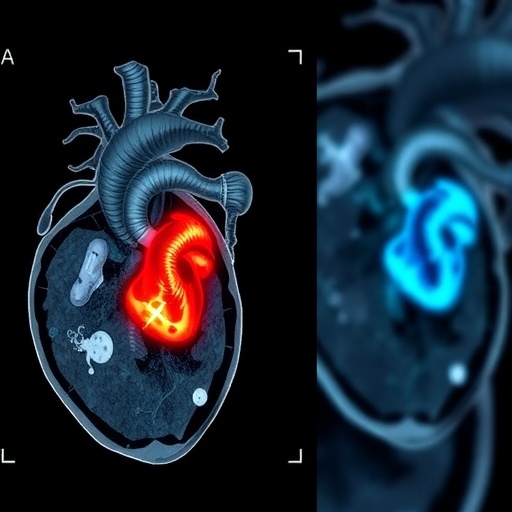AI and Machine Learning (ML) have dramatically altered the landscape of cardiovascular health, particularly in the realm of atherosclerotic cardiovascular risk assessment. This transformation is primarily achieved through two pivotal methods: the deployment of advanced deep learning algorithms for the automated quantification of imaging biomarkers in medical images and the integration of clinical data with AI-derived imaging metrics to tailor predictions for individual patient outcomes. The implications of these technologies extend far beyond mere diagnostic tools; they herald a new era where predictive analytics could markedly enhance clinical decision-making and patient care pathways.
At the forefront of this evolution is the application of deep learning methodologies to analyze complex imaging data, such as coronary computed tomography angiography (CCTA). This imaging modality has gained traction owing to its ability to visualize atherosclerotic plaques that underlie cardiovascular diseases. The emergence of deep learning frameworks dedicated to automating the quantification of features like coronary artery calcium (CAC) scores is also notable. This automation represents a significant leap in accuracy and efficiency




